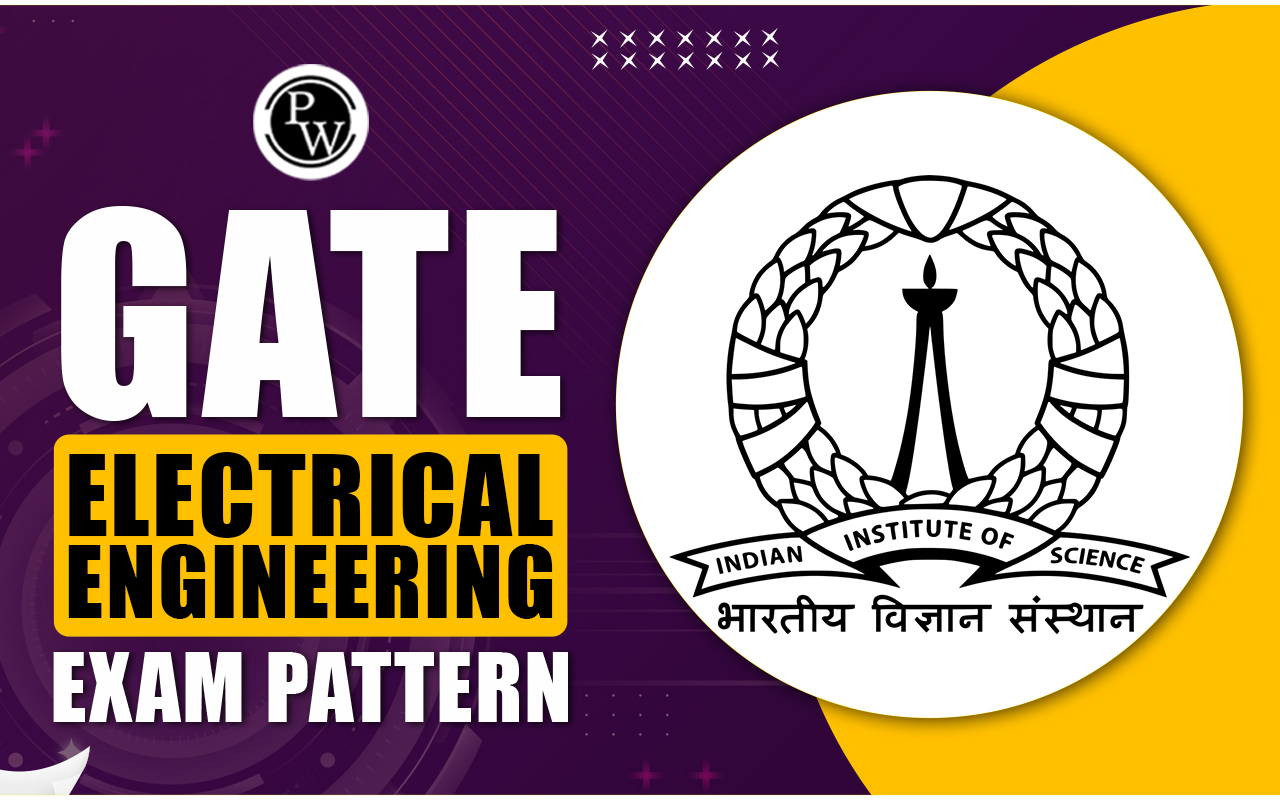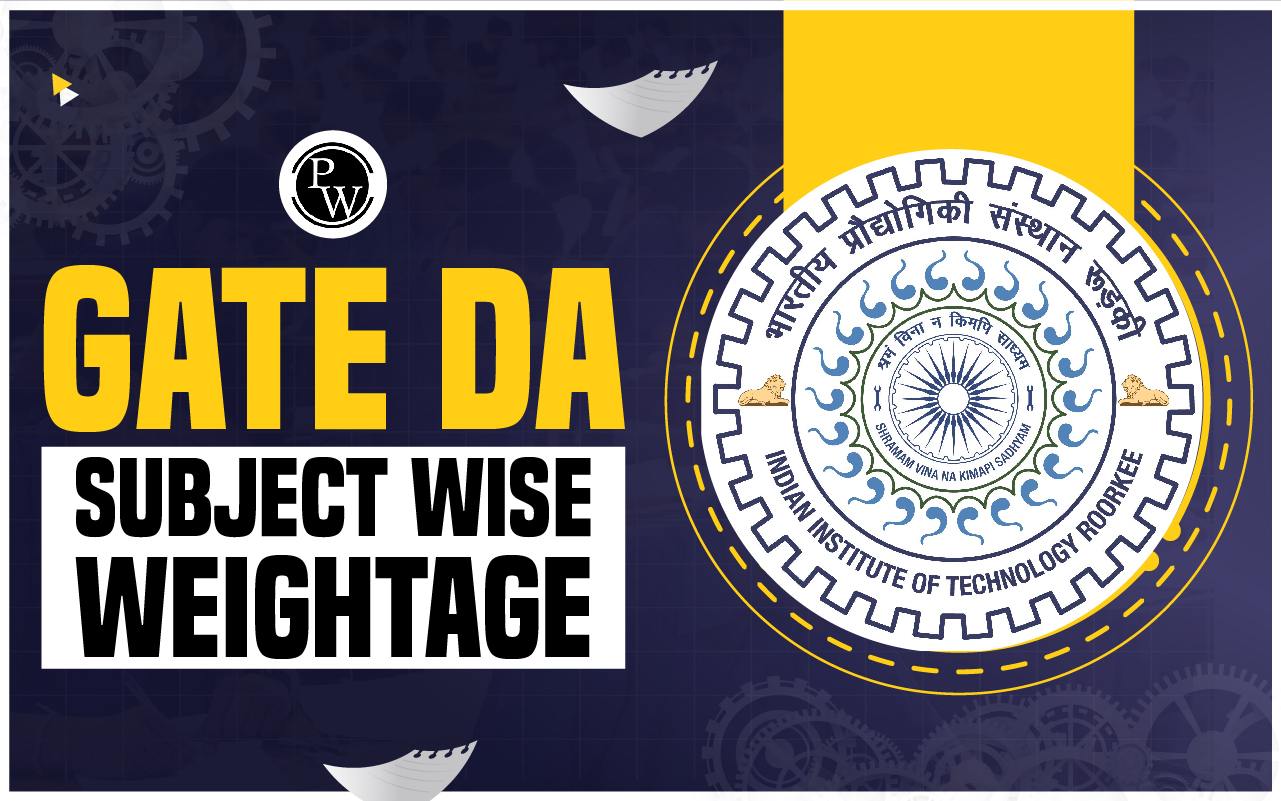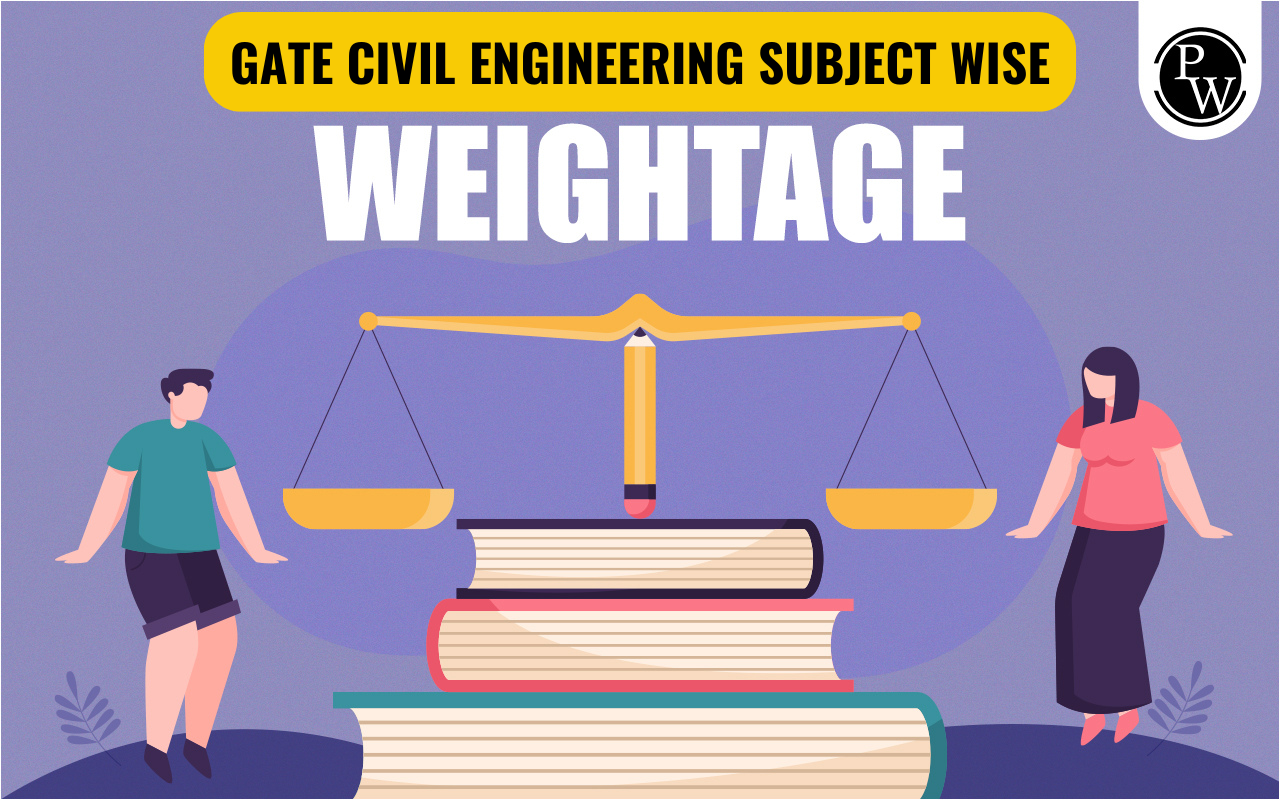|
Criterion
|
Compiler
|
Interpreter
|
|
Definition
|
A compiler is a program that translates code written in one language to another, typically a low-level language like assembly so that it can be executed by a computer.
|
An interpreter executes code directly, translating one line of code at a time.
|
|
Functions
|
-
It reads the entire source code and, if there are no errors or warnings, compiles it all into an executable program. This makes the program faster and more efficient in terms of execution, as it can be run repeatedly and does not need to be recompiled each time.
-
Compilers are often used for larger applications, as they can take longer to compile but generate more efficient code.
|
-
Interpreters offer more functionality by allowing users to run a program without having to fully compile it first.
-
Interpreters are beneficial for testing code, allowing for quick feedback, and are also useful for scripting languages.
-
An interpreter trades speed for flexibility and is best utilized in a development setting or when developing smaller-sized code.
|
|
Compilation
|
-
At its core, a compiler takes your source code and turns it into machine code that your hardware can understand. This process happens before the code is ever run, and because of that, any errors must be fixed before compiling.
-
A compiler can catch errors that an interpreter may miss, as well as optimize the code into machine language for more efficient execution.
|
-
An interpreter, on the other hand, reads each line of code and executes it in real-time, translating on the fly. This means that code can be tested and modified without needing to be recompiled. However, this also means that an interpreter can be slower than a compiled program.
-
An interpreter can provide more flexibility for dynamic programming and easier debugging.
|
|
Performance
|
-
A compiler is much faster in execution since it converts the entire code into machine language before running it.
-
Compilers generally produce faster-running code because it has already been translated and optimized.
|
-
An interpreter allows for dynamic interpretation, where code changes can occur during runtime without the need to recompile the entire code.
-
Interpreters, however, offer greater flexibility and are better suited for testing and debugging.
|
|
Dynamic Interpretation and Static Compilation
|
Compilers take source code and translate it into machine-readable instructions, which can be executed by the computer. They do this by reading the entire source code and generating an executable file. The process is called static compilation.
|
Interpreters, on the other hand, read a line of code at a time and execute it. This is called dynamic interpretation.
|
|
Code Errors
|
-
When a compiler encounters an error, it will stop compiling and notify the programmer about the error.
-
Some compilers can be configured to continue compiling even when they encounter errors, allowing programmers to identify multiple errors at once rather than fixing them one at a time.
|
-
Interpreters, on the other hand, will continue running the program until they encounter the error in question. This can make it more difficult to identify and fix errors in interpreted code, as the error may be buried deep within the program.
-
To help mitigate these issues, many interpreters include debugging tools that allow programmers to step through their code, identify errors, and correct them on the fly.
|
|
Debugging
|
-
When debugging with a compiler, errors are detected before the program is executed. This is because a compiler transforms code into an executable file, and errors in the code are detected during compilation.
|
-
When using an interpreter, errors are detected during runtime. This allows for changes to the code in real time, making it easier to identify and correct errors.
|
|
Pros
|
-
The benefit of a compiler is that it can catch errors before the code is run, while an interpreter can immediately show the results.
-
Code errors are often easier to identify with a compiler.
|
-
One key benefit is that it allows for testing code before compiling it, which can save time and effort.
-
Additionally, code written in an interpreted language tends to be more versatile and flexible than compiled code, as it can be executed on a variety of platforms without the need for recompilation.
|
|
Cons
|
-
Compiling can take longer than interpreting, resulting in slower performance.
-
Dynamic interpretation allows for code changes during execution, while static compilation requires a new executable to be compiled each time.
-
Debugging can be more difficult.
|
-
Interpreters can be slower than compiled languages due to the need to interpret code on the fly, and may also be more prone to errors if not properly debugged.
-
Another downside of interpreted languages is that they tend to consume more system resources than compiled programs, which can make them less efficient for large-scale operations.
|
|
Examples
|
Java, C++, C
|
Python, Ruby, JavaScript
|











